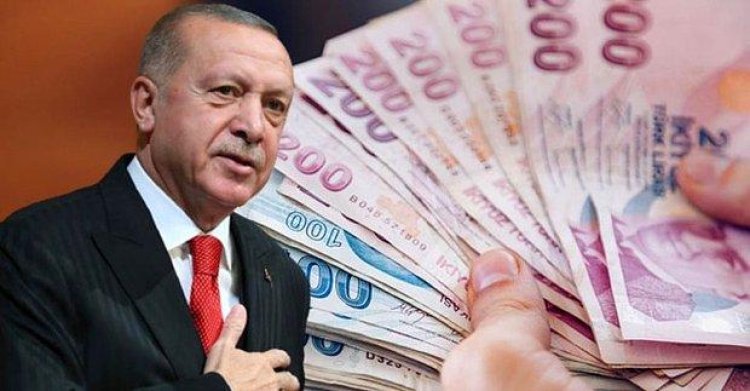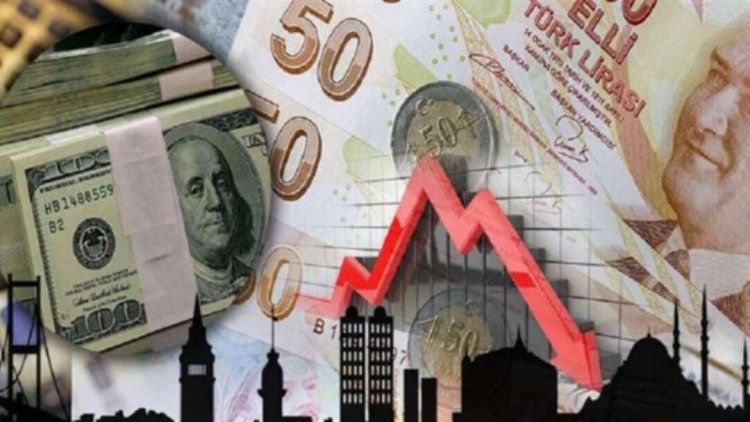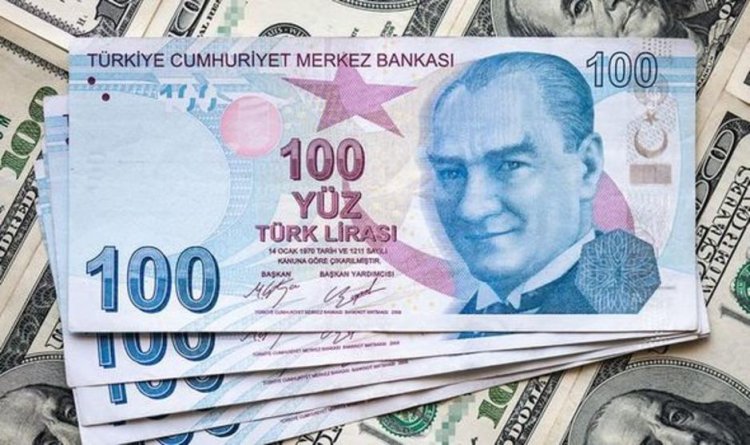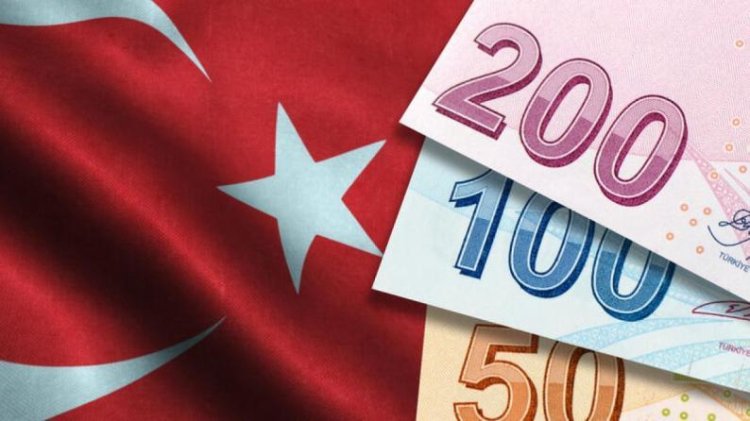The impact of the Turkish elections on the lira
The Turkish lira fell to its lowest level in two months as financial markets began trading in the aftermath of the presidential and parliamentary elections that took place on Sunday, amid expectations that the presidential race is heading to a run-off.

The Turkish lira fell to its lowest level in two months as financial markets began trading in the aftermath of the presidential and parliamentary elections that took place on Sunday, amid expectations that the presidential race is heading to a run-off.
The lira fell to 19.70 against the dollar, before it compensated for some of its losses and reached 19.65, heading towards recording its worst session since early November.
This was not far from the level of 19.80, which the currency recorded after the bloody earthquake that struck the country in early March.
The lira has fallen five percent since the beginning of the year, and it has lost about 95 percent of its value over the past decade and a half.

The latest developments in the Turkish elections
The latest electoral results of the Turkish presidential elections suggested a move to a second round of decisiveness between Turkish President Recep Tayyip Erdogan and his rival Kilicdaroglu.
After 99.96 percent of the vote was counted, Erdogan won 49.25 percent, while his opponent won 45.06 percent, according to the Turkish news agency "Anatolia".
The counting of votes continues in the presidential and legislative elections, which are of great importance in the country's history.

The impact of the elections on the lira
Last April, JP Morgan Bank predicted that the Turkish lira would decline sharply and the dollar might approach 30 after the elections, if it appeared that Ankara would make only minor changes to its unconventional monetary policies.
JPMorgan analysts had expected benchmark government bond yields, which increase borrowing costs in the economy, to jump to 25 percent.
The bank estimated that the effective exchange rate of the lira is now about 32 percent lower than its "fair value". The real effective exchange rate of the currency is the one that takes prices into account and measures its value against other currencies with which Turkey conducts many commercial transactions.
The impact of Turkish politics on the economy
President Recep Tayyip Erdogan's policy is to reduce interest, intervene in monetary policy, and increase financing and lending for small and medium enterprises.
While in complete contrast to the policy of his rival, Kemal Kılıçdaroğlu, whose policy is openness to the European market, non-interference in the policy of the central bank, and the existence of a clear monetary policy by increasing interest.
For the first time in the history of Turkey, this contrast is witnessed at the level of economic policy between an unconventional policy of Erdogan and a traditional policy of Oglu by increasing interest rates in the event of high inflation.

Highest inflation
Turkey witnessed the highest inflation rate since 1999 last October, reaching 80% and has fallen to 50% now. With the current elections and the lack of resolution of the conflict in the first round, and during the next two weeks until the run-off, sharp fluctuations will occur in the price of the lira, amid anticipation from the global markets.
Despite the challenges of the Turkish economy, the candidates did not present implementation mechanisms to confront these challenges, and presented only broad lines, including the Turkish president's pledge to attract investments of about $120 billion, reduce inflation and raise living standards, while Davutoglu talked about the independence of the central bank from the government and orientation to the European market.
At the end of last year, President Erdogan changed his monetary policies, turned to the Gulf countries, and concluded partnership agreements, which are the same policies in 2022, represented in "zero problems" to open the Turkish market and attract all investors.


 Shrouq
Shrouq 












